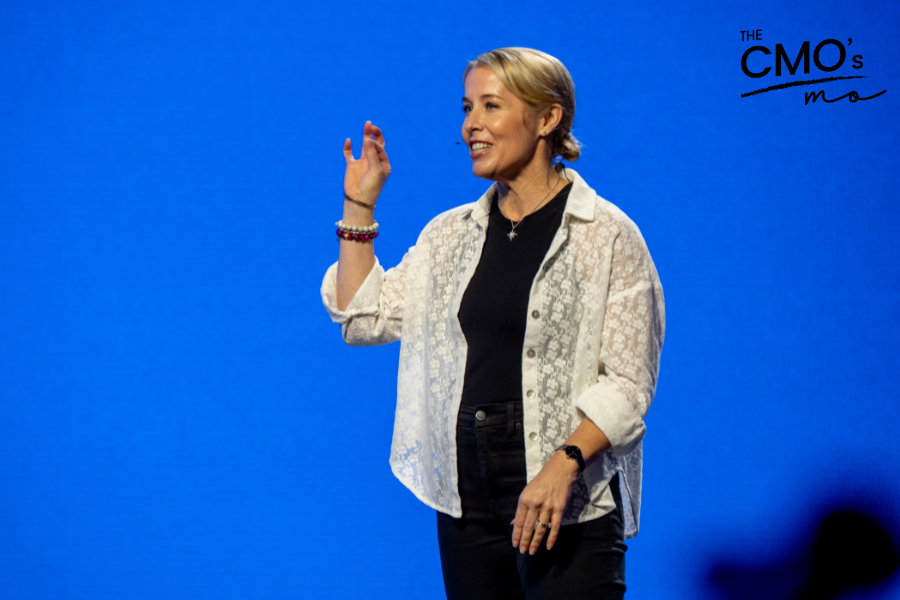Over a week after Facebook pulled the plug on its News offering in Australia, unhappy about looming changes to regulation in the country, the country's parliament has passed the The Treasury Laws Amendment (News Media and Digital Platforms Mandatory Bargaining Code) Bill 2021. A series of amendments have been made over the past few days and the social media giant has backed down and turned on the News feature a couple of days ago.
According to news reports, one of the key changes was the payment of a lump sum to each of the bargaining parties, to give them more certainty about the money to be paid over the term of the agreement. In addition, other alterations include that decisions “must take into account whether a digital platform has made a significant contribution to the sustainability of the Australian news industry through reaching commercial agreements with news media businesses".
In a concession to large tech giants battling the Australian government, a platform must be told about the intention to designate prior to any final decision, “noting that a final decision on whether or not to designate a digital platform would be made no sooner than one month from the date of notification.”
Earlier, Facebook VP of global affairs Nick Clegg posted his company's views on a blog titled: The Real Story of What Happened With News on Facebook in Australia. In it, he argued that if the original version of the code stood, the platform would be forced to “pay potentially unlimited amounts of money to multi-national media conglomerates under an arbitration system that deliberately misdescribes the relationship between publishers and Facebook".
However, the revised bill has since added that what it terms a “responsible digital platform corporation” can differentiate between news media businesses on the basis of a commercial agreement and can make these payments to news media businesses accordingly under distinct commercial agreements, without breaching the "non-differentiation clause".
“There are legitimate concerns to be addressed about the size and power of tech companies, just as there are serious issues about the disruption the internet has caused to the news industry," Clegg wrote. "These need to be solved in a way that holds tech companies accountable and keeps journalism sustainable. But a new settlement needs to be based on the facts of how value is derived from news online, not an upside-down portrayal of how news and information flows on the internet."










